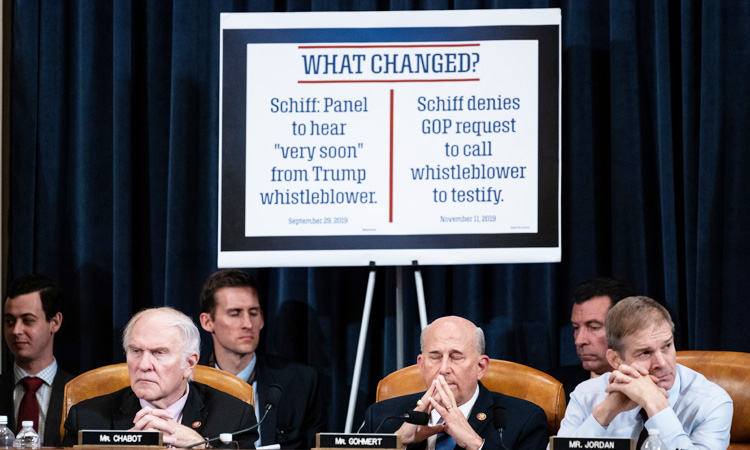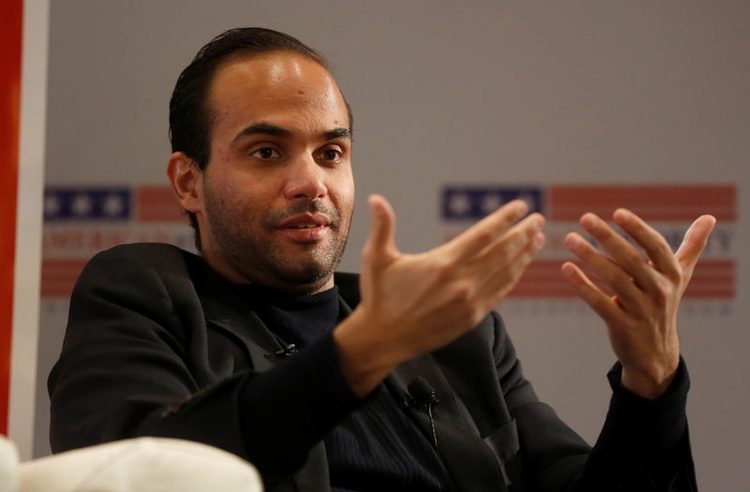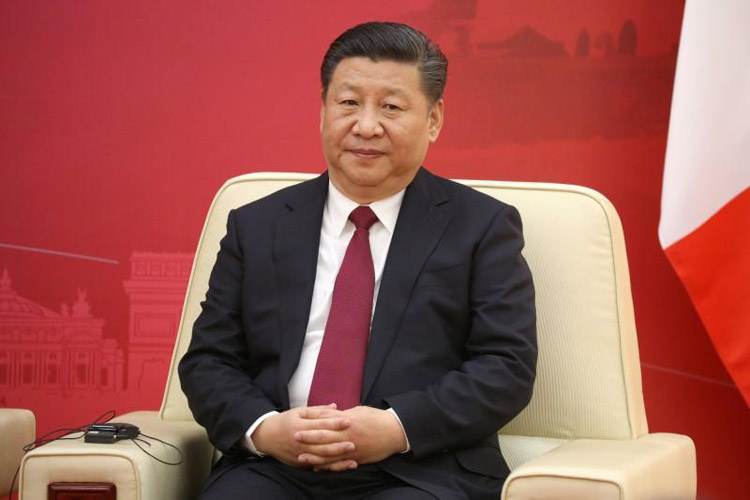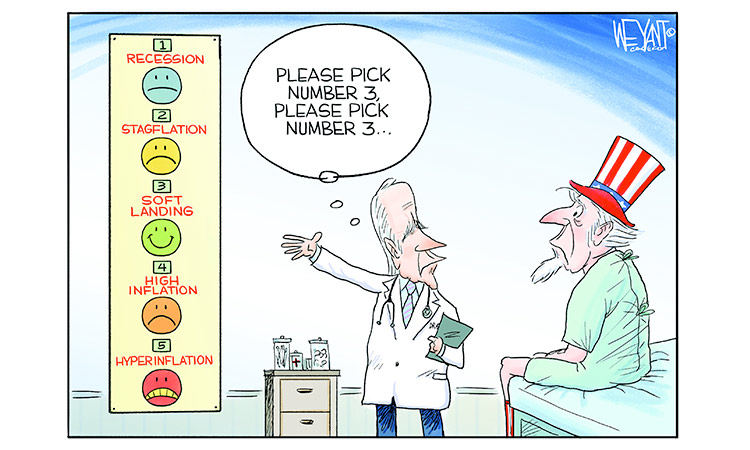In year 2019, what is the definition of a racist?
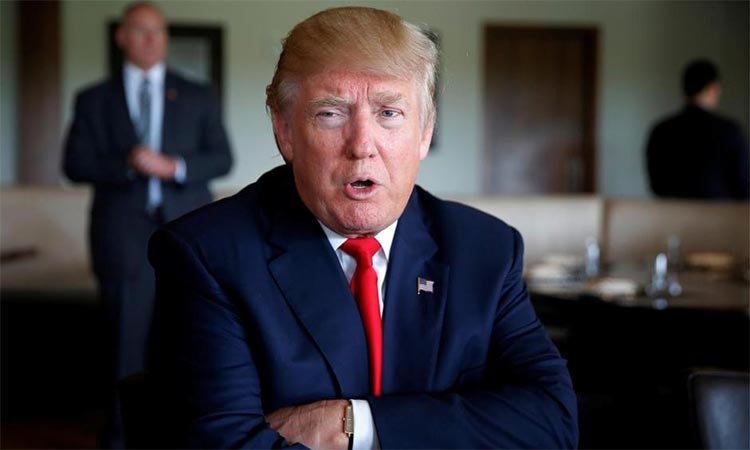
Donald Trump
Ann McFeatters, Tribune news service
It is astounding that 159 years after the end of the Civil War we are having a full-throated debate about whether the US president is a racist. Or is that surprising?
Donald Trump’s tweet that four Democratic congresswomen of colour should “go back and help fix the totally broken and crime infested places from which they came.” (Three were born in the US; another is a legal immigrant) caused the House of Representatives to pass a resolution denouncing his comments. It was, perhaps not unexpected in this polarised nation, passed almost strictly along party lines, with only four Republicans voting with Democrats to vote for the slap on the wrist.
The resolution said Trump’s comments “legitimized and increased fear and hatred of new Americans and people of colour.”
This leads to the question: In 2019, what is the definition of a racist? The dictionary definition of a racist is “a person who shows or feels discrimination or prejudice against people of other races, or who believes that a particular race is superior to another.”
Next, let’s check what Trump has done and said about race. In 1973, the federal government twice accused Trump’s real-estate company of racial bias by denying black Americans rental apartments. The charges, said Trump were “absolutely ridiculous. We have never discriminated, and we never would.” But his company did, in fact, settle and was fined.
When Trump owned casinos, a former employee said that when he came to visit, all persons of colour were ordered off the floor so he would not see them.
Trump was known for his reality TV show but came to political prominence by advocating “birtherism,” the false claim that Barack Obama was not born an American (he was born in Hawaii).
One of Trump’s first acts as president was to try to ban all Muslim immigrants from the country, also suggesting he wanted to deport Muslim Americans legally here. He also excoriated Gold Star Muslim parents whose son was killed during the Iraq war.
The “Central Park Five” was a group of black and Latino teens wrongly accused of raping a white woman in Central Park in 1989. Trump took out full-page ads in New York newspapers arguing the teens be given the death penalty. The teens were convicted of violent offences and sentenced to five to 15 years in prison. In 2002 another individual confessed and more evidence was found exonerating the teens, who were awarded a settlement of $41 million. Trump has continued to argue they were guilty and called the settlement a “disgrace.”
Trying to block Native Americans from opening casinos that could compete with his bankruptcy-bound casinos, Trump told a congressional hearing: “They don’t look like Indians to me.”
Trump was quoted by a former executive as saying of a black accountant: “Black guys counting my money! I hate it. ... I think that the guy is lazy. And it’s probably not his fault, because laziness is a trait in blacks.
During a class action suit against Trump University for defrauding students, Trump said he couldn’t get a fair trial from the American judge because he had a Mexican name. When Ku Klux Klansmen campaigned for him in 2016, Trump refused to renounce their support. During the white supremacy march in Charlottesville, when a young woman protester was killed, Trump said there were good people on both sides.
Trump has referred to nations where people of colour predominate in the pejorative and said he’d prefer immigrants from Norway. After the devastating Hurricane Maria struck Puerto Rico, killing several thousand and destroying huge swaths of property, he called Puerto Ricans who criticised his administration’s slow response “politically motivated ingrates.”
He once referred to a Hispanic Miss Universe as “Miss Housekeeping.”
Time after time, through all these incidents — and many more, including the latest charges against Trump of flagrant, open racism — Republican leaders have defended him, including Senate Majority Leader Mitch McConnell and House Republican Leader Kevin McCarthy. Fewer than four years ago, Sen. Lindsey Graham said Trump was a “race-baiting, xenophobic, religious bigot.” Now he is one of Trump’s most ardent defenders.
As a reminder, let’s note the Republican Party was the party of Lincoln, the president who freed the slaves. The bottom line is that each one of us must decide the issue of Trump’s racism for ourselves in November of 2020. But to quote a cliche, if it looks like a duck, walks like a duck, quacks like a duck, it’s a duck.
